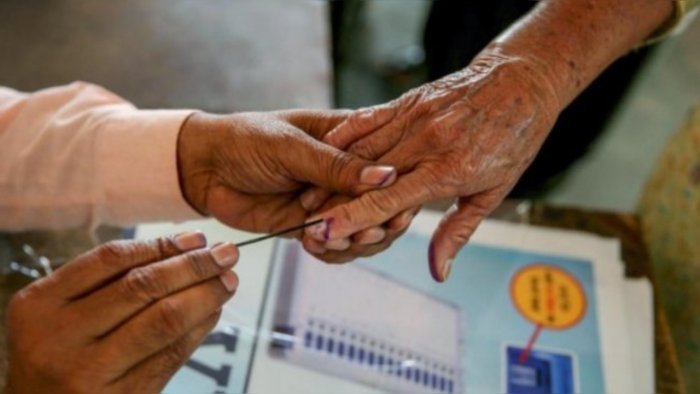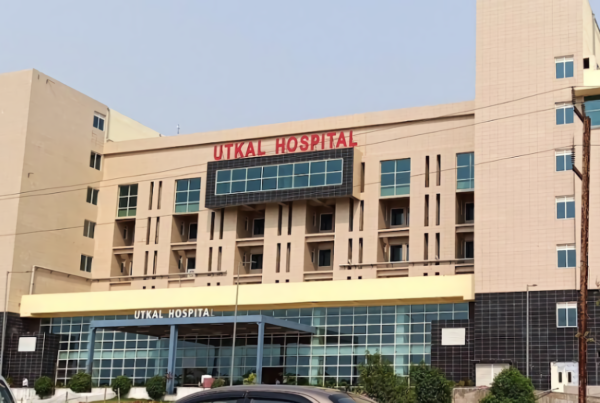A long-held belief among scholars and observers of Indian elections has been that voters in India do not view health as an important electoral issue.
New research from King’s India Institute and partners suggests this assumption is incorrect and it does influence voting decisions, particularly at the state level.
A pilot survey of Indian voters conducted by Lokniti, Centre for the Study of Developing Societies, revealed health is one of three priority areas for voters. While it is not the determining factor, it ranks alongside education and behind employment. Voters from poor and marginalised backgrounds were also more likely to identify health as a top priority.
The researchers found that voters who perceive an improvement in public health services are 10% more likely to vote for the ruling party in state-level elections than voters who perceived no change or worsening services. However, voting decisions in national-level elections appear to be less impacted by the perceived performance of government hospitals.
Many voters were also unclear about which level of government – local, state or national – was responsible for the condition of healthcare services, despite 80% of voters saying it was the government’s responsibility to provide service.
Most (37%) correctly identified state governments as bearing responsibility for running hospitals, but a substantial number attributed responsibility to all three levels (21%), and to the central government (14%) or to the local government (17%).



